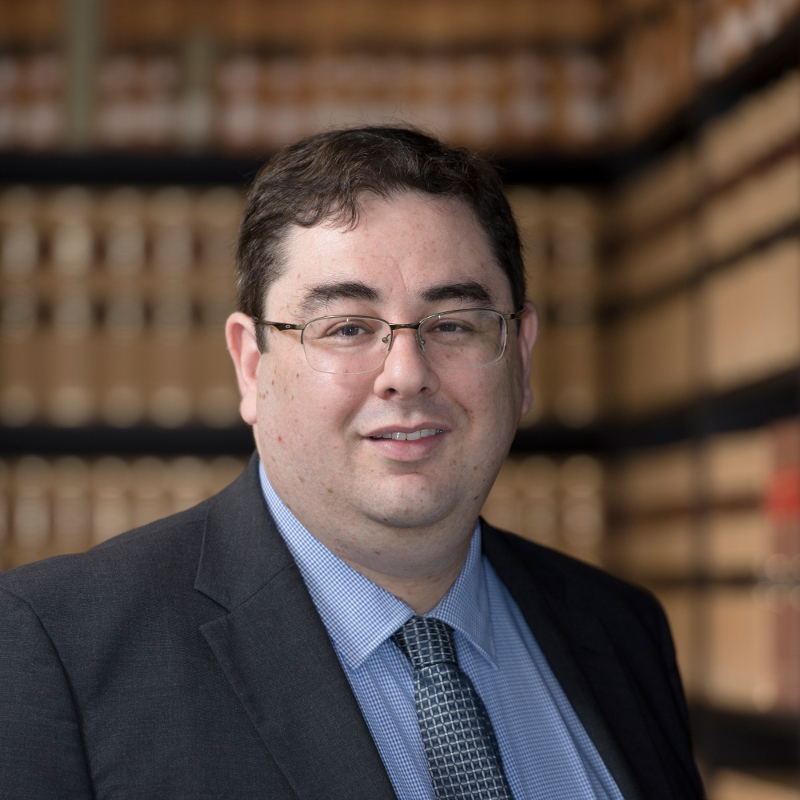 Bernard Josephs, US unions condemn boycott resolutions, The Jewish Chronicle, 16 August, 2007
Bernard Josephs, US unions condemn boycott resolutions, The Jewish Chronicle, 16 August, 2007
Leaders of millions of American trade unionists have combined to condemn moves by their British opposite numbers to boycott Israel, describing such actions as an assault on freedom.
In a statement issued by the Jewish Labour Committee and signed by the heads of a wide range of US labour organisations, they expressed increasing concern about resolutions by British trade unions calling for divestment and boycotts.
“With the diverse range of oppressive regimes around the world, about which there is almost universal silence, we have to question the motives of these resolutions that single out one country in one conflict,” said the statement.
It was supported by 40 labour leaders, including John J Sweeney, president of the AFL-CIO trade union confederation, William Burros, head of the American Postal Workers Union, James P Hoffa, president of the International Brotherhood of Teamsters, Cecil Roberts, president of the United Mine Workers of America and William Lucy, head of the Coalition of Black Trade Unionists.
In particular, they pinpointed the call for an academic boycott, which members of UCU, the academics’ union, are considering. “Calls for academic boycotts of Israel are inimical to and counter to the principles of academic freedom, and freedom of association, for which academic unions have struggled over the years,” they argued.
Rather than cutting ties with Israeli educators, they said, “we have seen the importance of maximising, rather than proscribing, the free flow of ideas and academic interaction between people, cultures, religions and countries”.
Moves to build opposition to an academic boycott will be heard at next month’s Liberal Democrat conference in Brighton when a motion, proposed by the party’s Finchley and Golders Green branch, is debated.
It calls on the party to condemn UCU’s decision to call for a boycott and urge the union’s members to vote against the boycott proposal at a forthcoming ballot on the issue.
Meanwhile, the National Postgraduate Committee, the representative body for all masters and doctoral students in the UK, delivered another blow to the boycott proposal when it elected Andre Oboler as its envoy in Israel.
Mr Oboler’s role will include reassuring the Israeli higher education sector that the boycotts are supported by a minority and do not have the support of students.
Mr Oboler, a PhD student at Lancaster University and former Board of Deputies member, was also national secretary of the Union of Jewish Students in 2004-2005. He will promote postgraduate study in the UK for both Israelis and Palestinians. “The UK higher education system is open to all, and will remain that way,” he said.
Yair Zivan, campaigns director of UJS, welcomed “this latest move by the NPC and are delighted that they are working to maintain and strengthen academic collaboration”.
He added: “A boycott would achieve nothing to further peace in the Middle East and only through dialogue and discussion can progress be achieved. We wish Andre the best of luck in his role and will be offering our full support for his work while in Israel.”
